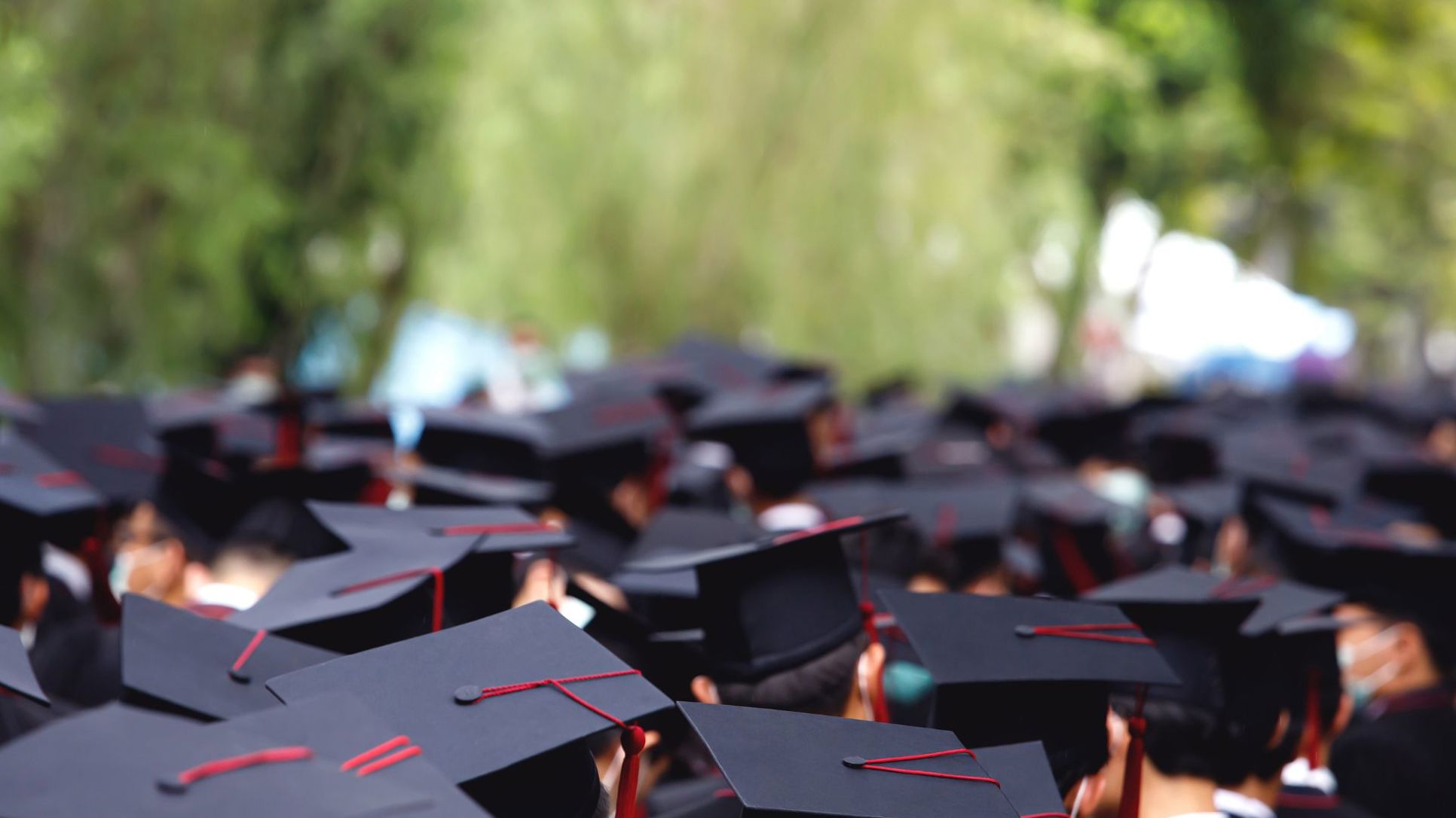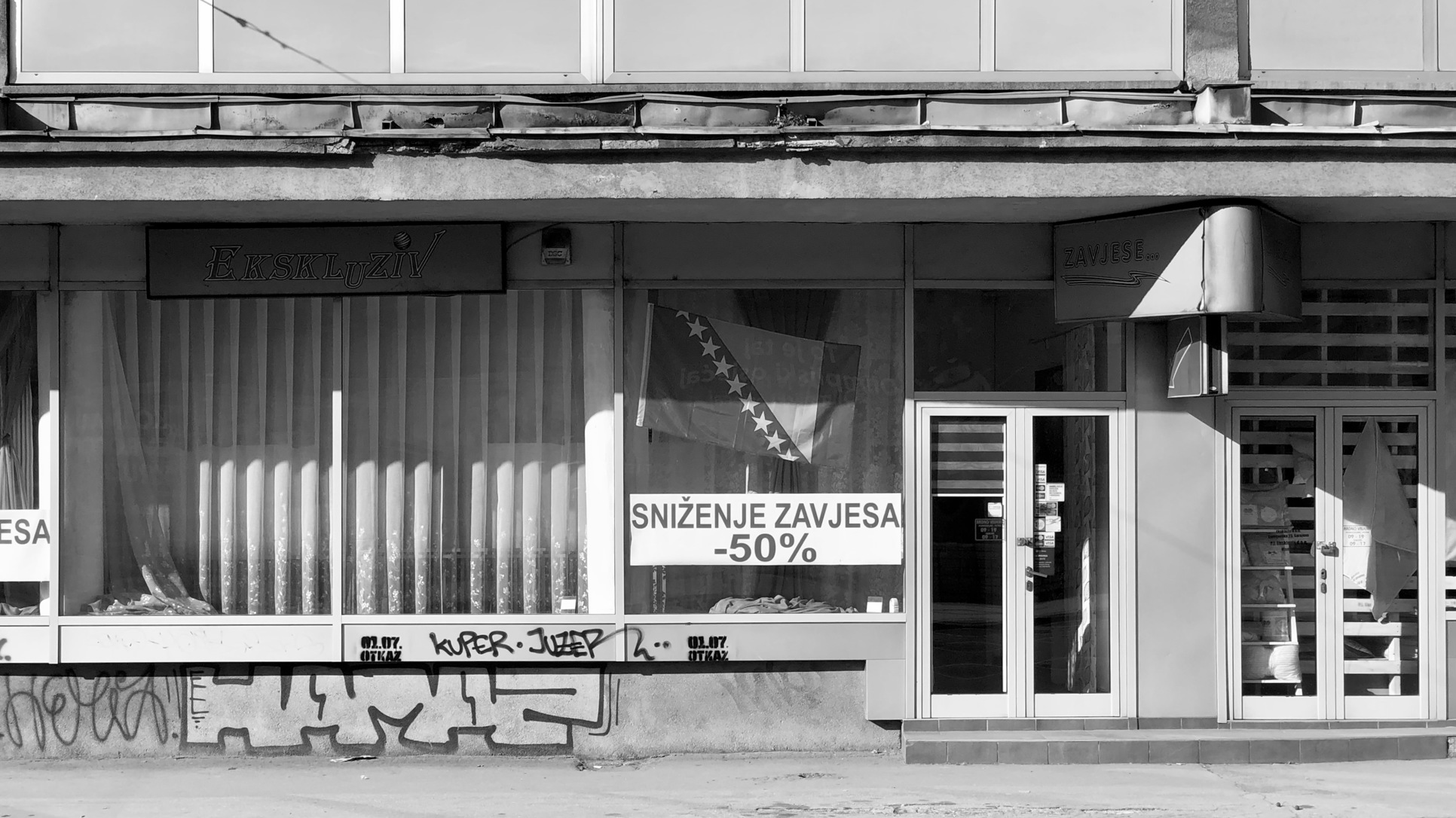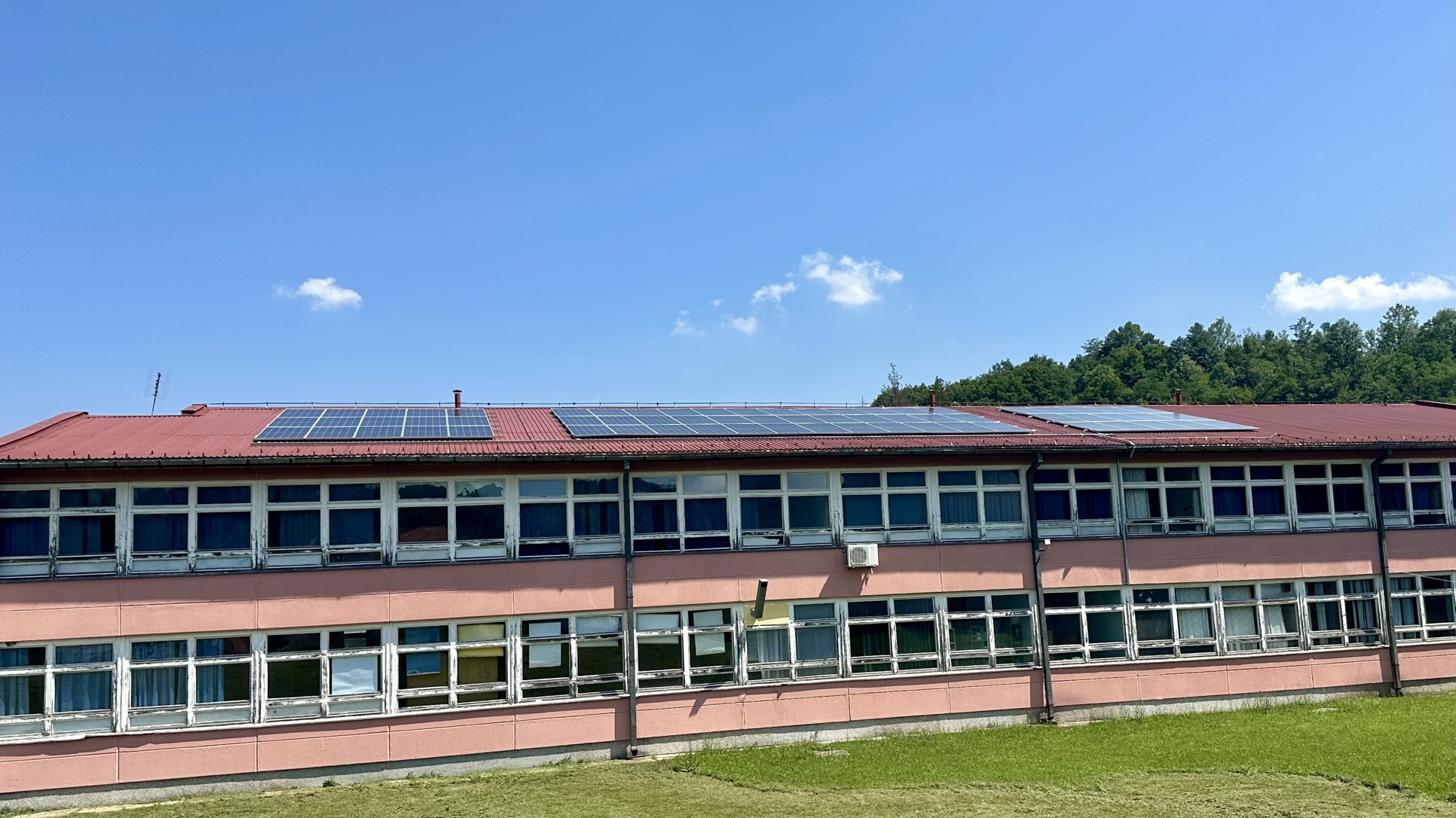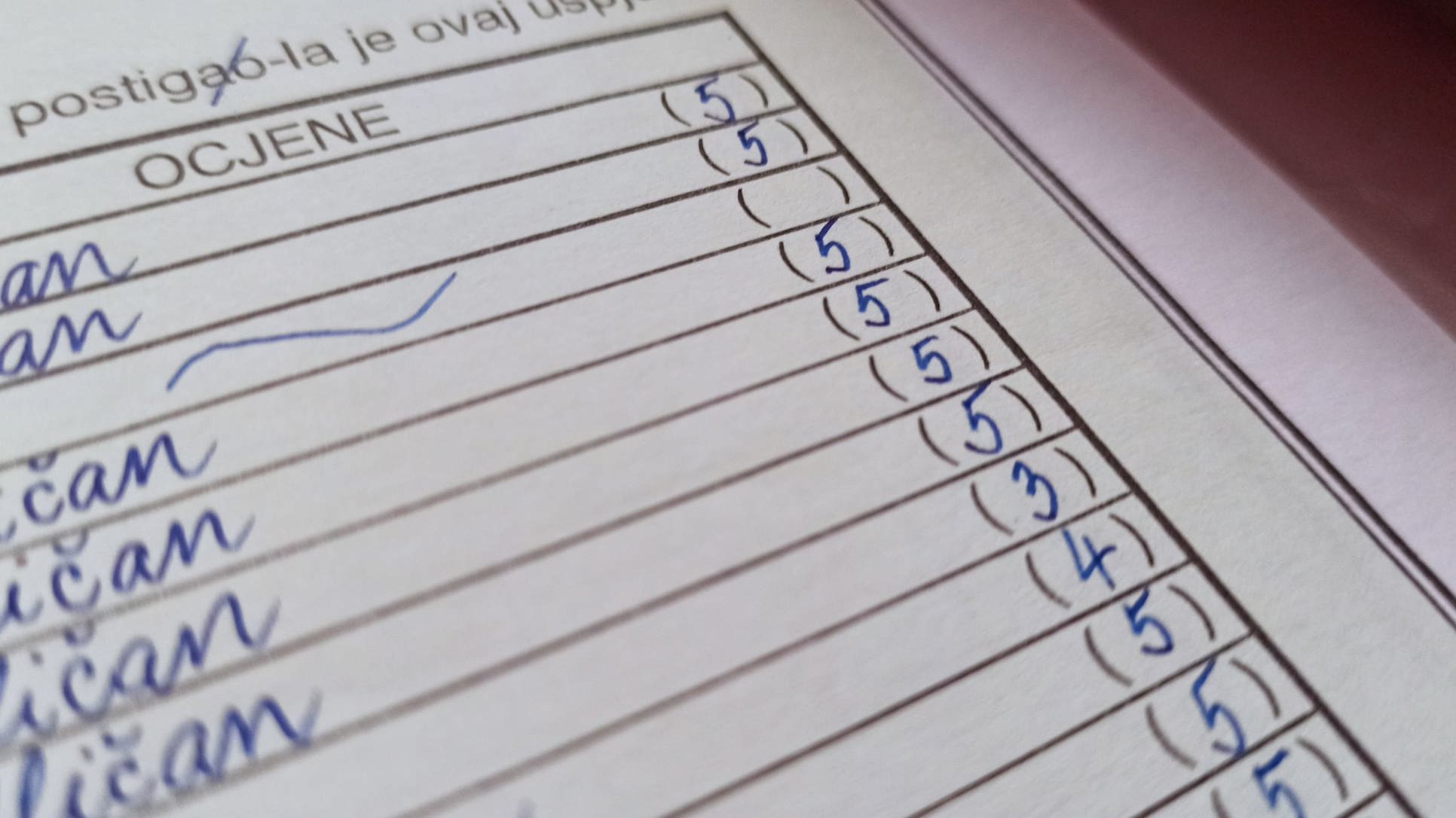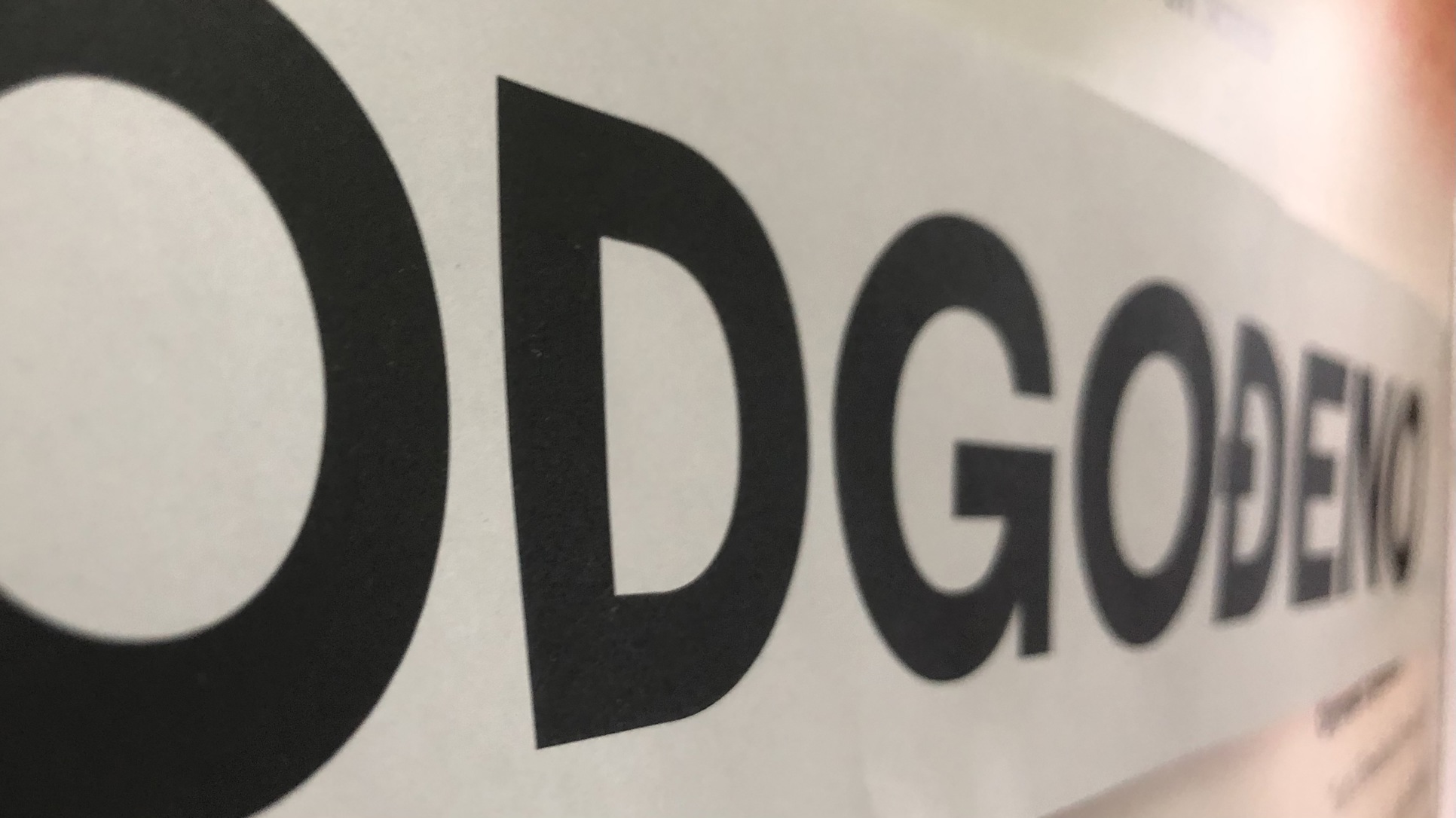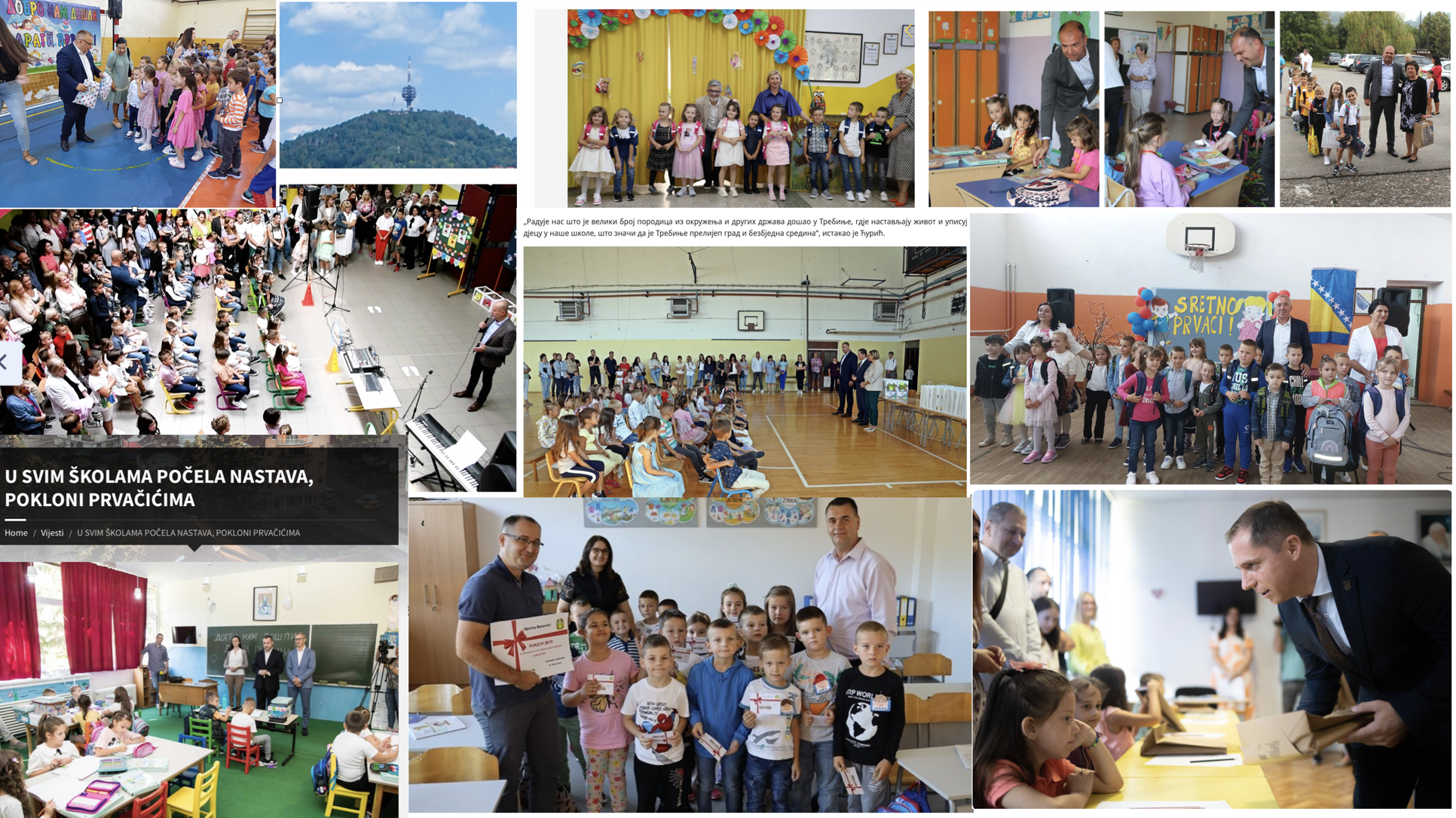The Ministry of Science, Higher Education and Youth of Sarajevo Canton is preparing changes to the Law on Higher Education, which was adopted in 2022, as well as the Law on Scientific Research
“Users of the existing Law — employees of higher education institutions and institutes located within the University of Sarajevo Canton, as well as educational inspectors of the Cantonal Administration for Inspection Affairs — encounter a large number of doubts in the field, and they don’t have clear instructions on the implementation of certain articles of the Law. A large number of requests for opinions on certain interpretations have already been submitted to the Ministry, so this is another challenge that we will try to solve. Given that the Ministry is also faced with a large number of inspections and penal provisions of higher education institutions in the canton in the implementation of this law, these are some of the shortcomings that need to be improved,” explains Adna Mesihović, Minister of Science, Higher Education and Youth. She goes on to say that the “details of the number of findings and the specifics of the inspection reports are subject to privacy rules and legal provisions, but that she wants to ensure that the Ministry is committed to the correct resolution of all observed issues.”
Presenting the policies of the political movement For New Generations, which nominated her for the position of minister, she announced amendments to this Act, with the “basic aim of defining excellence as a priority criterion in all processes and aspects of higher education.”
A working group consisting of 15 members will work on the preparation of the changes: Asif Šabanović as president (Academy of Sciences and Arts of BiH); Miloš Trifković (ANU BiH); Maja Arslanagić-Kalajdžić (Center for Research and Development of the University of Sarajevo); Aida Kulo-Ćesić (Faculty of Medicine, University of Sarajevo); Naida Ademović (Faculty of Civil Engineering, University of Sarajevo); Anja Haverić (Institute for Genetic Engineering and Biotechnology, University of Sarajevo); Muhamed Hadžiabdić (International University in Sarajevo); Refik Šećibović (Association of Employers of Sarajevo Canton); Tamer Bego (Faculty of Pharmacy, University of Sarajevo); Selma Hanjalić (Faculty of Electrical Engineering, University of Sarajevo); Dušan Ćulum (Faculty of Science and Mathematics, University of Sarajevo); Azemina Njuhović, Elvira Šuta and Dženita Viteškić (Ministry of Science, Higher Education and Youth of Sarajevo Canton) and Dalila Hakalović (Cantonal Administration for Inspection Affairs of Sarajevo Canton), and administrative and technical tasks, preparation of minutes/reports on work will be performed by Senija Džino as Secretary of the Working Group.
“The criteria for delegating members of the working group were expertise in the field of higher education, experience in the legislative process, representation of various interest groups, as well as the ability to cooperate and dialogue. Also, it was important to ensure diversity and inclusiveness within the Working Group,” says Minister Mesihović.
However, there are also those who think that the Law from 2022 should not be changed. Enita Nakaš, vice-rector for international cooperation of the University of Sarajevo and member of the Commission for Education in the Sarajevo Canton Assembly, believes that it’s pointless, because the Law has not been in force long enough to properly recognize its shortcomings.
“It is especially senseless because not a single concrete reason was recorded that would indicate an urgent amendment of the Law. The only controversial part so far is related to students, i.e. exemption from school fees. And I agree that that part may not be defined clearly enough, but certainly, if there were to be a change, it is necessary to first make a financial analysis in order to determine what is actually better, more favorable, but also safer for students. Students are the foundation of higher education, they cannot enroll in college without knowing their status, i.e. that their status is uncertain every year,” says Enita Nakaš. She emphasizes that she sees frequent changes in the law as a direct attack on the University's autonomy.
“In this way, the university is placed in a position of legal uncertainty, thereby jeopardizing higher education. Constant threats of changes to the law, frequent changes to the law without thorough analyses that would enable a systematic approach when defining the general legal framework, goals and main determinants of the new law or changes based on the strategy of the development of the KS [Sarajevo Canton] — the development of science in the Canton of Sarajevo greatly affects the academic community, and not in a positive sense, but in a negative one. The policy should ensure legal security for universities and students, and there are many other issues in the area of KS higher education that should be resolved and which could further harmonize education and the quality of education at all higher education institutions. Some are accommodation of students — both domestic and foreign — student scholarships, recognition of acquired qualifications, exchange of students within the state of BiH and the like,” says Enita Nakaš, and reiterates that changing the law is not a way to positively contribute to higher education, but rather a direct attack on the University's autonomy.
The former Minister of Higher Education in the KS Government, Aleksandra Nikolić, believes that it is not time to change the 2022 law, and she hopes that the changes will not go in the direction of strengthening the role of the Council for Higher Education and creating parallel structures.
“I hope it will not lead to small groups of people gaining the power to control the work of the university and the Ministry. I also hope that there will be no attempt to separate teaching and scientific activities, i.e. that once an assistant professor has been selected, he can remain a lecturer for the rest of his working life without the obligation to advance through research, publication, work for the social community, and the like. This is turning a university into a high school, and according to all the principles and rules of the international academic community, it is unacceptable, and ineffective and harmful for Bosnia and Herzegovina,” warns Aleksandra Nikolić. She emphasizes that “the worst thing is to have no rules, and the second worst is to constantly change the rules, that is, the law, and that there is nothing worse than that.”
“The goal of the law that is now in force is to not only recognize all contributions in teaching and research and in internationalization, but also the contribution to the development of Bosnia and Herzegovina society. It is important to recognize all these diverse contributions, and thus motivate the academic community to create public good and respond to the needs of the economy, and also of society, because higher education is not a privilege (as in the USA), but rather a real, public good, just as and in the rest of Europe. At the University today, there are many people who work a lot, but this is not seen in their evaluation, because the contribution in terms of internationalization is not directly visible, and it is crucial for the long-term progress and development of both the University and Bosnia and Herzegovina’s society. Quality arises at the workplace, in the classroom, in the laboratory, but also via constant contact with colleagues in companies, the government and the international academic community,” points out Aleksandra Nikolić. She reminds that at the Faculty of Agriculture and Food always (even before this Act) in reports in which an individual's progress is evaluated, listed all contributions, in terms of listing the subjects they teach, projects they participate in, awards they win, memberships in professional bodies, cooperation with non-governmental organizations or development agencies and the like.
“However, the key criterion for progress was published work — all other work was cited, but was not crucially important. The current Law prescribes the evaluation of all individual contributions as a mandatory practice for everyone. I think the public sees professors as a group of people who have few work obligations because they only see work related to lectures. All other jobs are hardly visible to the public and often look like vacations — trips related to conferences, realization of projects and the like. This is precisely why we need to communicate and report on all aspects of the work of the academic community. In the Law from 2022, we tried to step forward in the direction of strengthening academic freedoms and prevent the pressure that was exerted through inadequately organized inspections. I emphasize this because you cannot directly control such complex work processes. Supervision must be indirect, and the University must have acts and practices that enable it, making processes transparent and individuals accountable. The law made it possible for students, if they wish, to study regularly and simultaneously work a precisely defined number of working hours, which was not possible until now. They can enter into a contract with the employer and the University and work 20 hours a week, and two things are important here — regular students who work are now underpaid and work illegally because they are not allowed to be registered and, with the new law, we eliminated the gray economy. They got the possibility of being paid and we prevented them from studying for too long and abusing the possibility to study indefinitely. In the Law from 2022, there is a poorly worded article that student representatives defined through an amendment in the public debate — the percentage of those who are exempted from payment is defined — 20% of the best, but the method of calculating that 20% is not defined (on the entire UNSA, on the study program, on the year, etc.). It was written imprecisely, and the idea was to reward and motivate the best students in each group,” emphasizes Aleksandra Nikolić.
Minister Mesihović, on the other hand, explains that “the shortcomings of the existing Law, which require changes, are the methods of implementation and the results of study programs at higher education institutions, as well as the failure to recognize the importance of certain student categories, because the excellence of students with high averages is not favored through the existing Law in comparison to those students who during their studies did not achieve the best results …”
“For certain changes, such as defining the criteria of excellence of academic staff and students, a request will be sent to the Academy of Sciences and Arts of Bosnia and Herzegovina to define and draft articles that will refer to that part of the law, recognizing that there is no one more authoritative and objective for better definition than these members. The Working Group also includes two members from the Ministry, whose job descriptions are related to this segment. The working group was formed by joint consultations and decisions of the members of the Ministry and me as minister,” she explains. She emphasizes that since assuming her mandate, she and her colleagues have gone on a tour of all higher education institutions and institutes in Sarajevo Canton, and have visited about 70% of the institutions, and that she has also met with representatives of students from almost all universities in the canton, which, she says, is evidenced by the media and social networks of the Ministries and Governments.
“In those meetings, we received a lot of input for the improvement of higher education, youth, science and the position of students, which we recorded and which are our priority in action. Through direct communication in the field with academic staff and students, as well as through long-term monitoring and listening to the voice of the public, which often evaluates the state of education in our society, the need for such processes was recognized. Through visits to higher education institutions and universities in Sarajevo Canton, we collected suggestions for changes, corrections and additions to valid legal and by-laws within the jurisdiction of the ministry. We also held a series of meetings with student representatives in order to hear and record their proposals. All these are indications that will be the basis of the necessary changes, and the main goal is the improvement of higher education in Sarajevo Canton,” says Adna Mesihović, and explains that the necessary changes, the procedure for proposing, evaluating and adopting changes to existing study plans and programs are defined by legal acts and in the exclusive competence of the University of Sarajevo —- so that both the methods of implementation and the results of study programs should be seen as the result of the work of higher education institutions entrusted with the public interest of higher education.
“Institutions are obliged to initiate and carry out the evaluation of study programs, at least once after the end of the study cycle in which the program is implemented. Procedures for periodic evaluation, improvement and restructuring of existing study programs have been established and include the opinions of students and other internal and external interested parties (ministries, business and employers, etc.). Public opinion is of the view that it is necessary to increase the acquisition of practical knowledge as an adequate preparation of students for the dynamic and increasingly unpredictable labor market, which implies that the focus of the work of higher education institutions should be partially shifted from theoretical to experiential learning, which includes the acquisition of work experience in the chosen field of study through professional practice programs,” says Minister Mesihović.
He explains that the task of the working group will be to “find legal solutions for some needs of the academic and scientific community, such as the formation of a science fund.”
The need of the academic community, which in our case also constitutes the scientific community, is to enable more funds for scientific research and innovation, which are currently available in the public call for co-financing of scientific research projects (4.3 million KM this year), which the Ministry has been announcing for several years. Also, there is a need for a longer period of conducting research, which is limited by a public call in such a way that the selected projects must be limited in time in accordance with the budget year. One of the solutions that is applied throughout the world, and also in the region, is the formation of a fund for science that would be filled not only from budget funds. The amendments to the Law on Scientific and Research Work will define the legal framework for the establishment of this fund.
The minister expects both acts by the end of the summer, after which there will be a public discussion and then the parliamentary procedure.


